LATEST NEWS
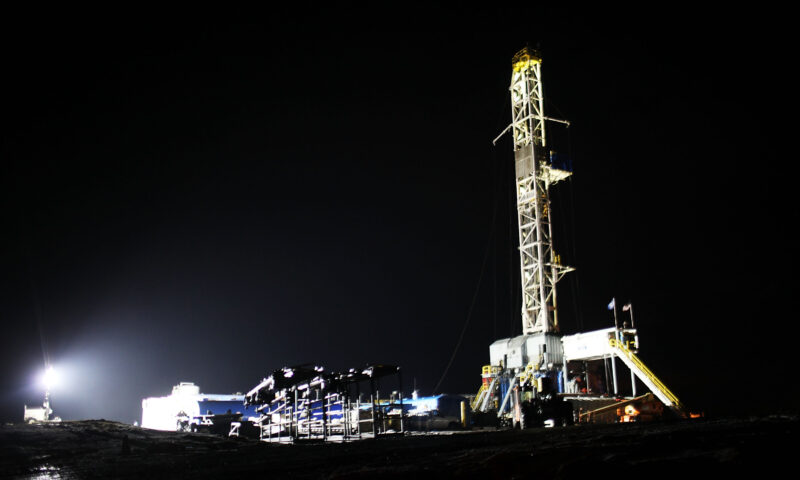

Voluntary agreement on health and safety reforms hailed as progress but critics say it lacks teeth.
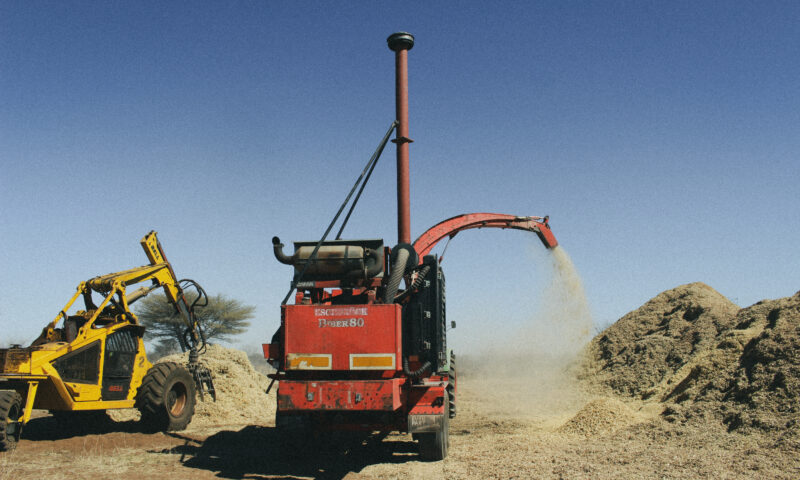
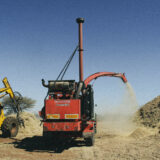
In many poor, largely Black Southern towns, residents say polluting wood pellet mills foul their air and forests.
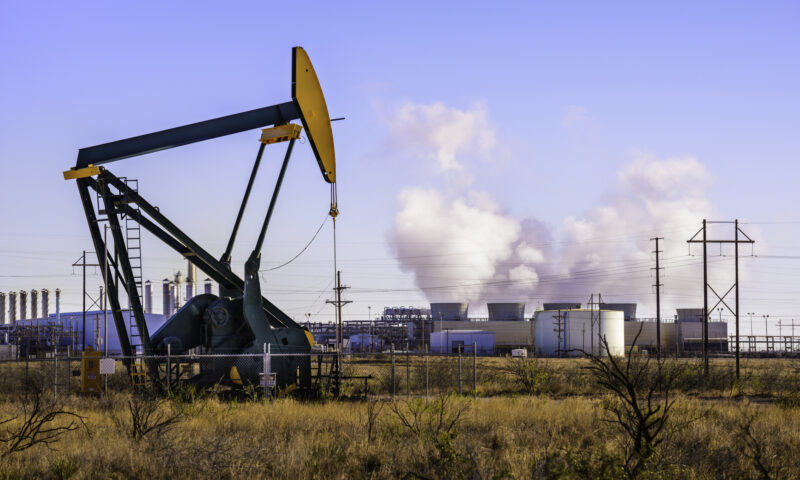

Critics say Railroad Commission and politicians focus on business, not environmental protection.
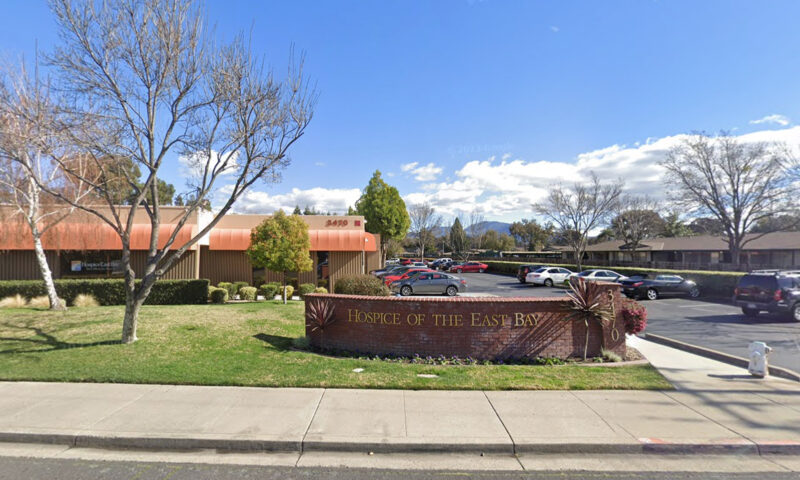
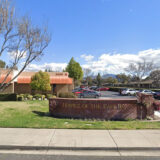
The Hospice East Bay vote shows growing unionization at end-of-life care.
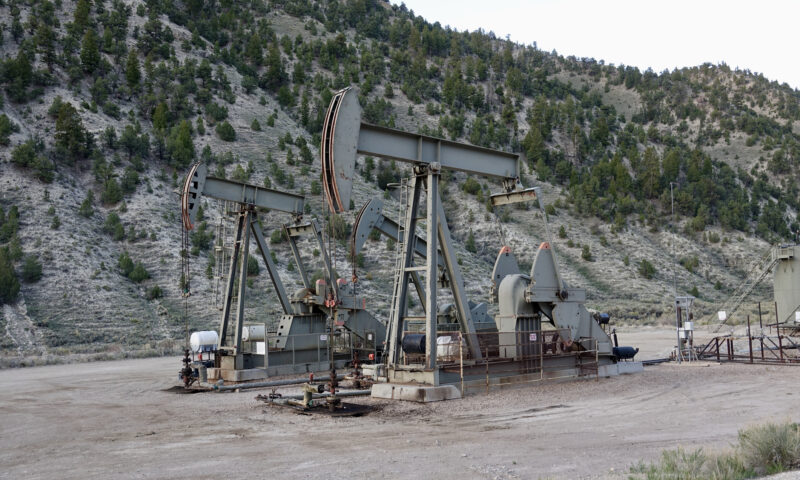
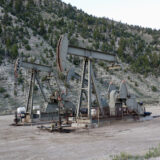
California closes loopholes on polluting wells, but still lets companies avoid capping idled wells.
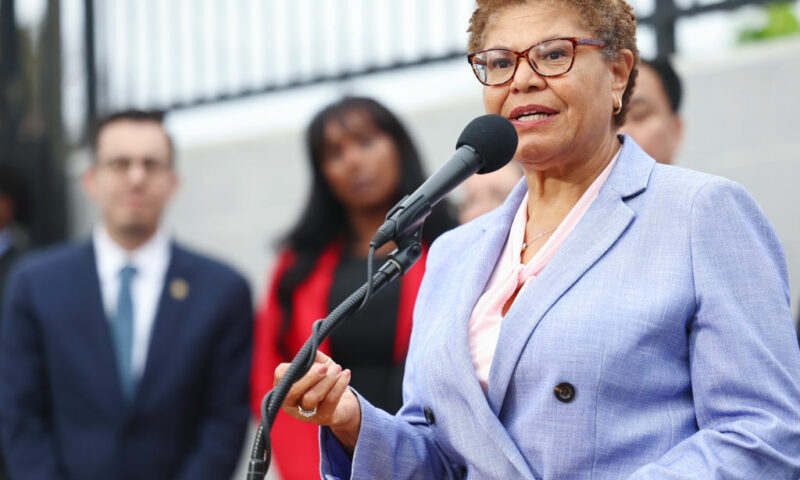

A 2008 city law intended hotels used as primary residences to be preserved as safety-net housing. But with little enforcement, some landlords had turned their buildings into tourist hotels.


The lowest income Californians are more likely to have lingering symptoms, and more likely to lose jobs.
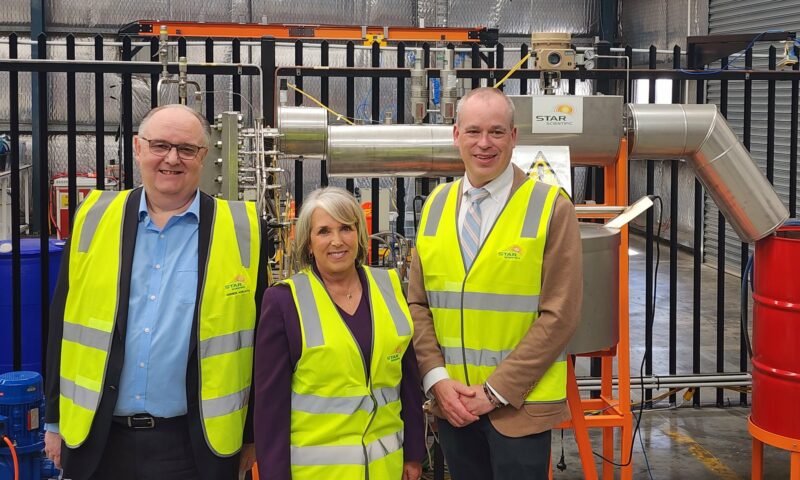
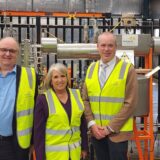
State hydrogen projects promoted, killed; governor goes to Australian hydrogen conference with oil and gas reps.
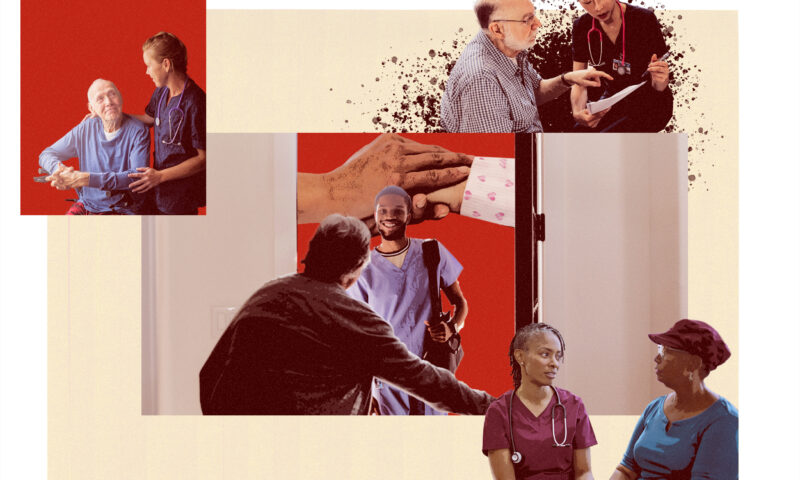

They say “metrics for productivity” are driving care for the dying. Nov. 3 union vote marks growing labor organizing as end-of-life care becomes a for-profit industry.


A battery startup in West Virginia and the mineworkers union may have a blueprint for those left behind in the energy transition.
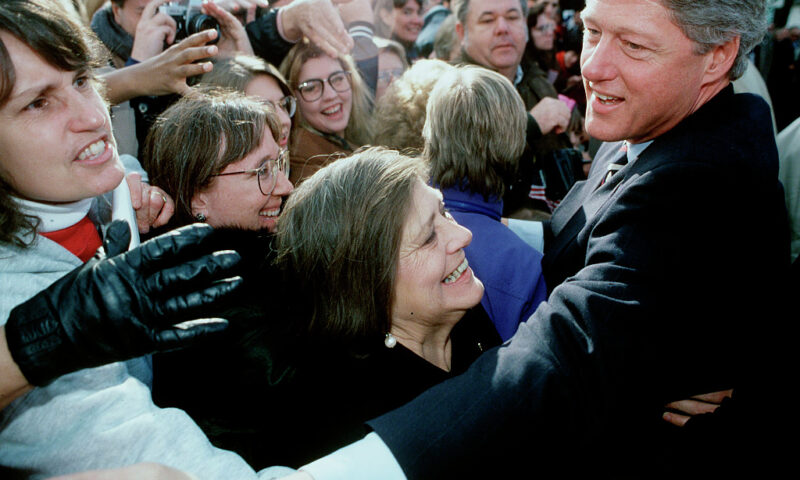

Historian Nelson Lichtenstein’s new book details the price we have paid for free trade, deregulation and failed health care reform.
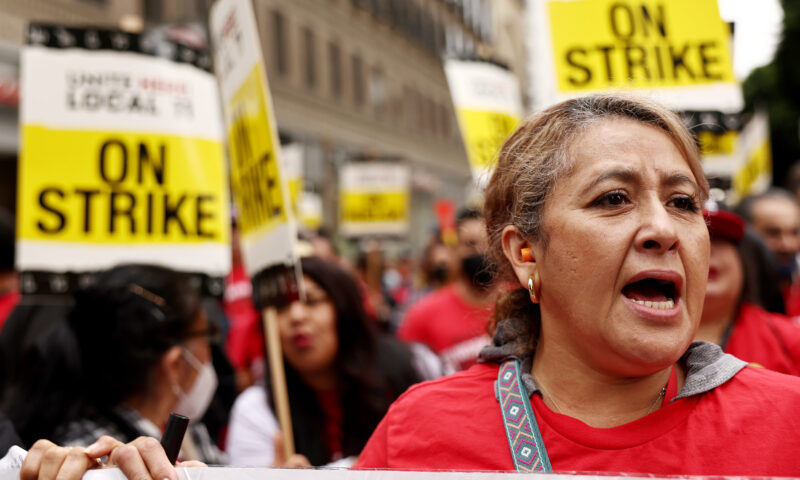
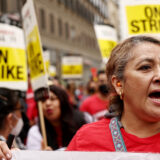
All sides must bargain in “good faith,” but U.S. labor laws do not say what that means, and penalties are weak.
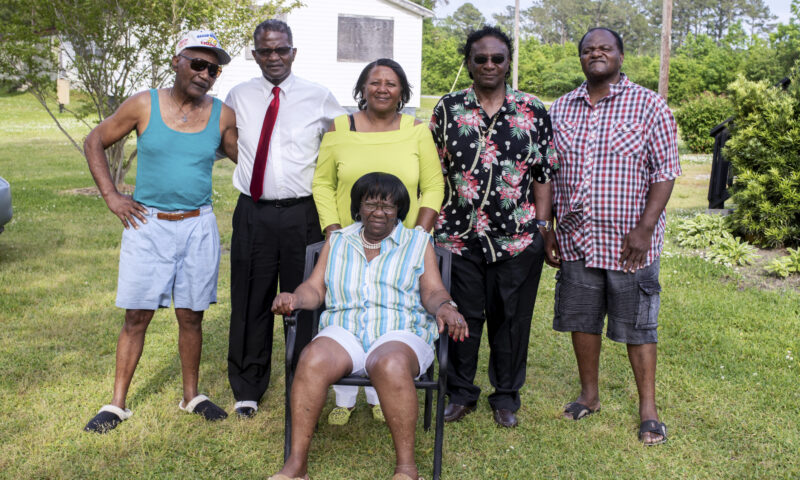
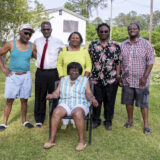
New documentary Silver Dollar Road tells the story of massive Black wealth taken through faulty laws and loopholes.
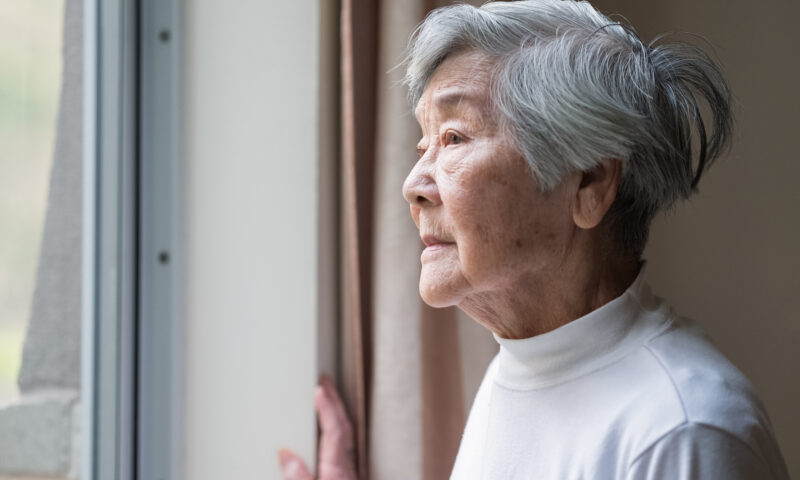

Doctors, family and community all have a role in ensuring critical early treatment.
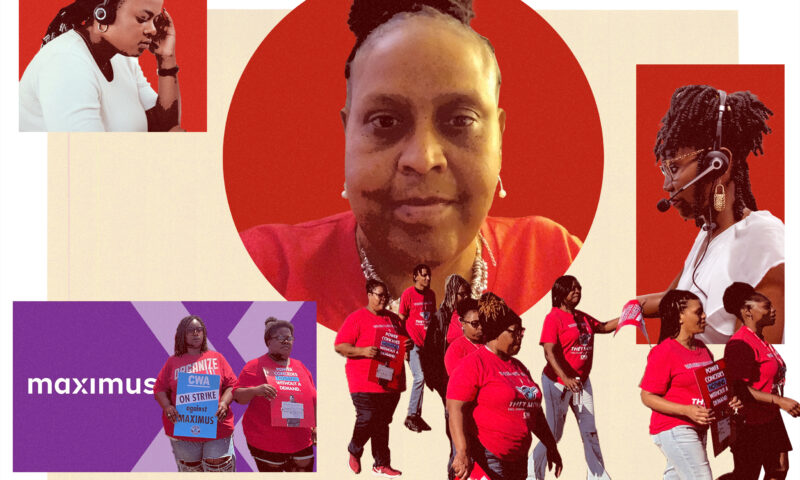

Workers cite low wages and disrespect at work; union alleges illegal union-busting.
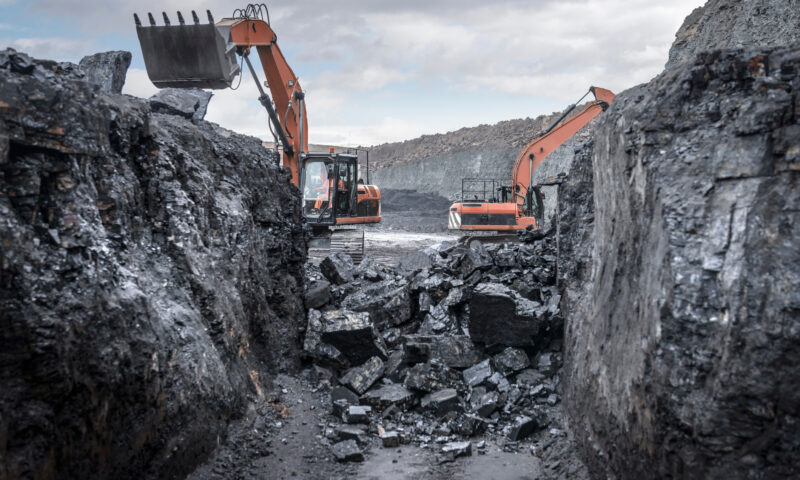
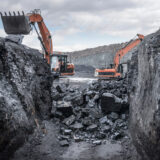
Coal is back, despite banks’ pledge to stop financing such projects.
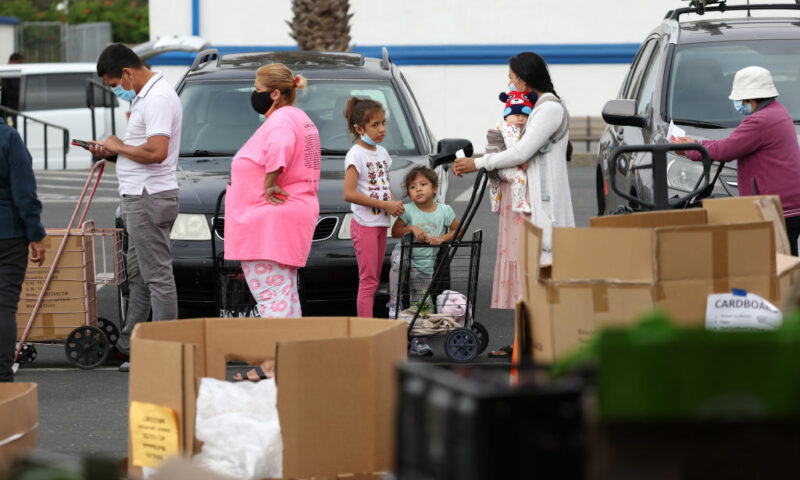

The end of pandemic relief programs is returning millions of children to poverty.
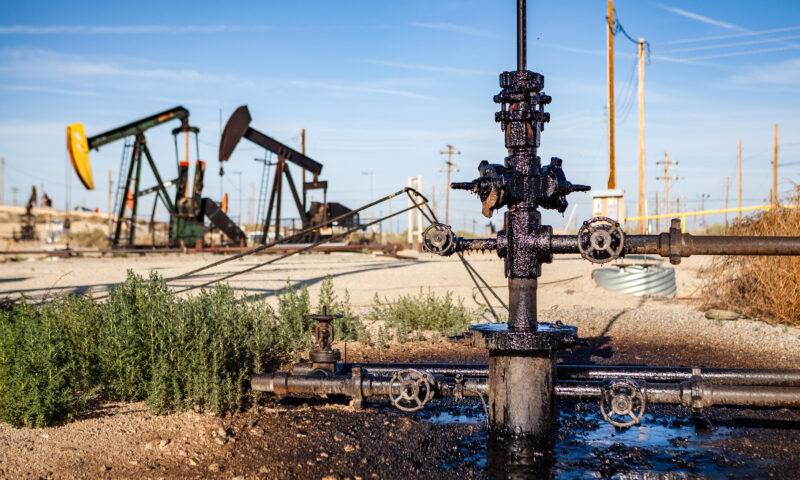

An idle well fee program is masking vast cleanup costs while harming residents and the climate.
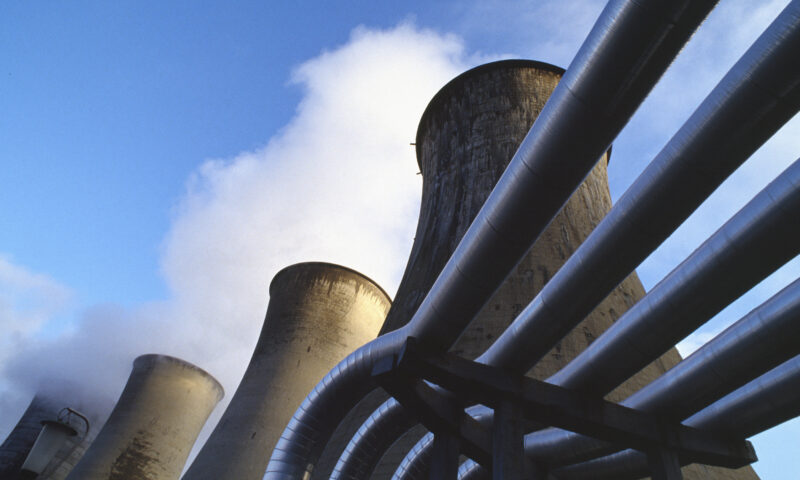

Tension over energy industry oversight has sparked a rare agreement between climate activists and the oil and gas industry.
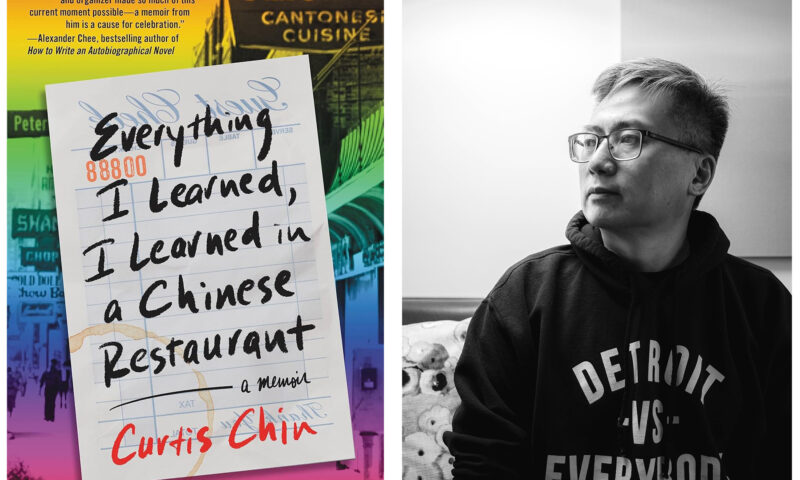

Growing up in his family’s iconic Chinese restaurant taught Curtis Chin how to survive in 1980s Detroit — and how to embrace his identity as a gay Asian American.